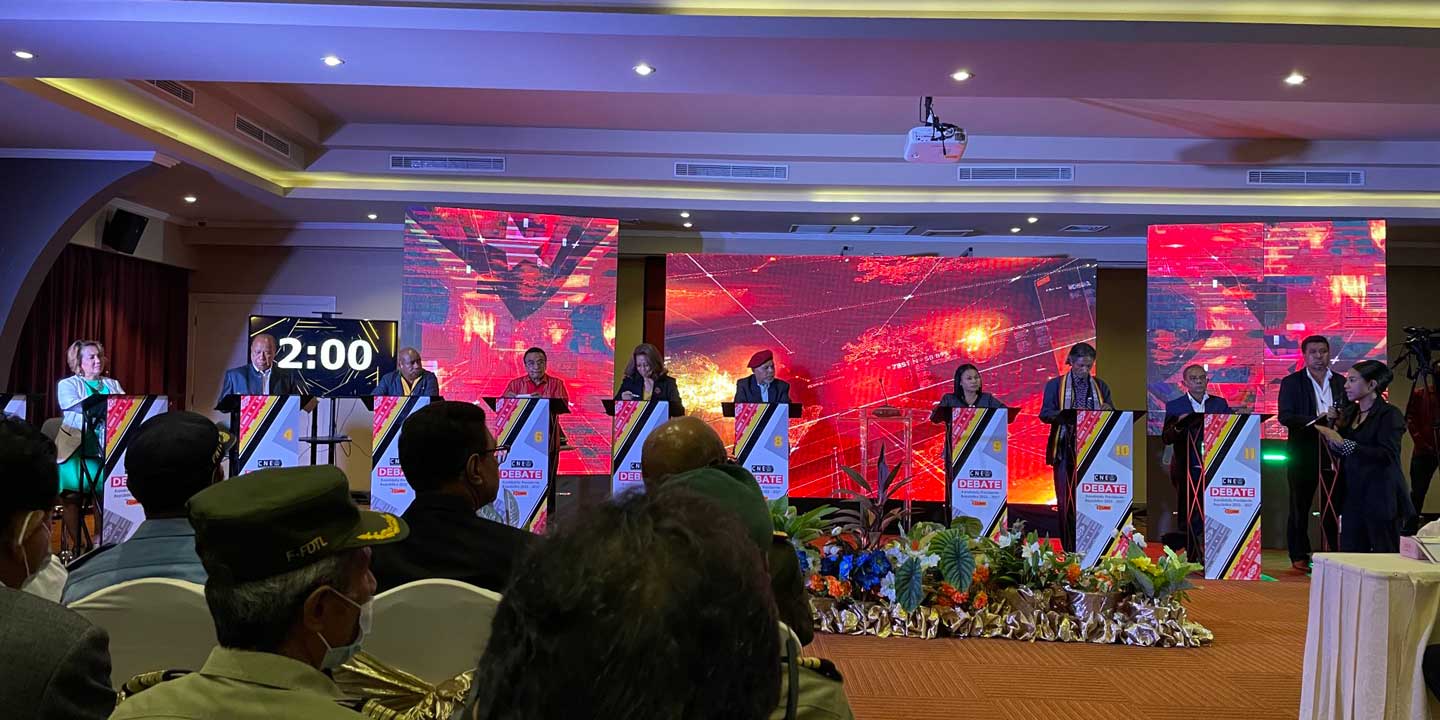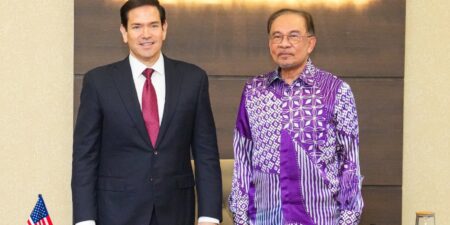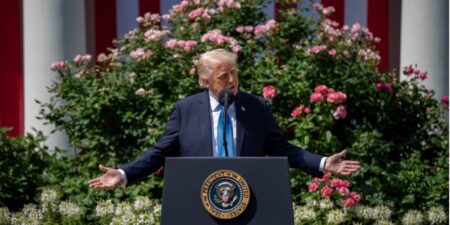The BGA Timor-Leste team, led by Senior Advisor Ian Kemish, wrote an update on the country’s second-round runoff in its presidential election. The update examined the dynamics in the recent polls, the future prospects for the country and areas for businesses to monitor.
Context
- Timor-Leste went to the polls on March 19 for its fifth presidential election since independence in 2002, but the lack of a decisive result means the focus has shifted to a runoff in mid-April. Because no candidate secured an outright majority of at least 50 percent of the votes cast, a second-round runoff between the top two candidates will be held on April 19.
- The diverse range of the 16 candidates fielded in the election reflects a country on the verge of an intergenerational and demographic shift. At one end is the politically dominant “old guard” generation of revolutionary heroes, and at the other end is the next crop of would-be leaders seeking to represent a burgeoning young Timor-Leste population who do not remember the period of Indonesian occupation.
Significance
- The results demonstrated that after almost 20 years, Timor-Leste’s key independence figures still dominate the political landscape. Nobel Peace Prize laureate and former president and prime minister, Jose Ramos-Horta, has emerged as the frontrunner, with 45.9 percent of the vote. In second place is former resistance fighter and incumbent President Francisco “Lu Olo” Guterres, with 22.4 percent.
- While a runoff could shift the dynamics because the remaining two candidates will need to seek the endorsement of eliminated first round candidates, Ramos-Horta is expected to take on the presidency pending an unexpected development.
Implications
- The country’s future political stability will hinge on the action of the winner. If he wins, the highly experienced Ramos-Horta will need to deftly balance his National Congress for Timorese Reconstruction (CNRT) backers and not provoke strong resistance from the current governing coalition. Political stability will be key for Timor-Leste as it works to recover from recent setbacks, including COVID-19 and floods, and struggles to find solutions to the country’s dwindling revenue pool supported by its sovereign wealth petroleum fund.
- While it is clear that the old guard still has the edge in the spectrum of the country’s politics, new, businesses thinking ahead should keep in mind that younger voices could gain traction in the coming years. The shift could crystallize the next governing period from 2023 to 2027.
BGA will continue to keep you updated on developments in Timor-Leste as they occur. If you have any comments or questions, please contact BGA Senior Advisor Ambassador Ian Kemish at ikemish@bowergroupasia.com.


























